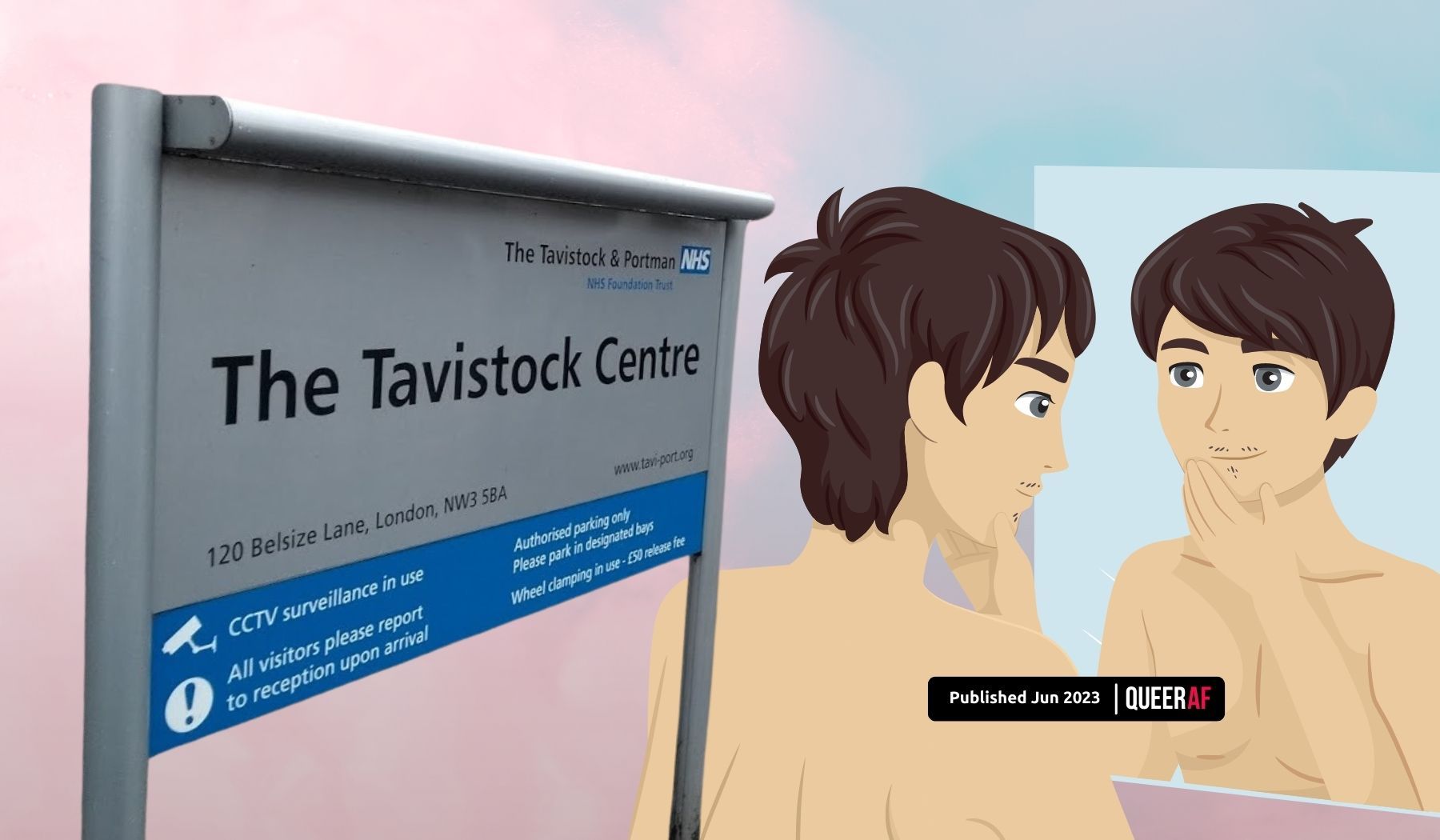TL;DR: A long-awaited review of NHS England provisions on gender affirming care for children have been published. While LGBTQIA+ groups have welcomed some of the changes, they are disappointed the review has restricted most children from access to puberty blockers - unless they take part in a restrictive clinical trial.
The NHS in England will no longer routinely offer puberty-blocking drugs to children at gender identity clinics after a review into service provision. It says it made the decision because "more evidence is needed about the potential benefits and harms."
The benefits of this kind of gender-affirming care are well documented. One study in the leading journal Pediatrics found trans people who had received puberty blockers, hormone therapy, or both were 73% less likely to report suicidality.
Research into potential harms is limited. Of the few studies available, some found that the lack of hormones - not the puberty blockers themselves - can harm bone density.
Under the new provision, young people under 18 can still get puberty blockers in exceptional circumstances or as part of a clinical study - but that likely won't start until next year - PinkNews
What else do new NHS England transgender kids healthcare guidelines say?
As was expected after the interim Cass review, it was announced four new regional clinics are due to open later this year. They will replace London’s Gender Identity Development Service for Kids, previously the only facility in England.
The Tavistock Clinic, the centre of much press attention, is due to shut down after a review said it was overburdened by increasing demand - AP News
Other parts of the new specification include:
- NHS England will no longer require a formal diagnosis of gender dysphoria for clinicians to support socially transitioning. This will now be the choice of the child.
- Specifications which threatened to report parents to local safeguarding authorities if their young person was accessing healthcare through a private provider have been removed. However, some punitive measures remain.
- Clinicians treating children with gender dysphoria should explore the relationship between neurodivergence and gender identity.
Source: Mermaids
What's the reaction been to new trans healthcare NHS England Provisions?
There has been a mixed reaction from LGBTQIA+ groups.
Stonewall welcomed the way it now focuses more on the experiences, perspectives and best interests of trans and gender-questioning children. They also welcomed the collaborative approach between children, families and multi-disciplinary teams.
However, they joined trans groups like Mermaids in criticising the lack of work and urgency around waiting times. For some, waits far surpass the NHS-wide 18-week target and are closer to 3-6 years. The specifications do not set out any waiting time targets.
They are also disappointed that access to puberty blockers and some gender affirming care will now only be available through a medical research protocol. They argue treatment should be based on clinical need and that "coerced participation in research is unethical."
Analysis: New NHS England Trans Healthcare provisions could have been much worse.
This is one of those ‘could have been a lot worse’ moments. Extensive work from a number of LGBTQIA+ sector organisations has made a huge impact on the outcome of this review.
But the backdrop of growing anti-trans hate has clearly contributed to this review not being as brave as it could’ve been.
We should all be healthy and happy. These provisions will make growing up trans - which is already tough for so many kids - even more difficult.

The press regulator IMPRESS featured QueerAF this month as a leading voice in how the media should report on LGBTQIA+ lives.
Where are publishers currently going wrong?
What can be done to improve their coverage?
What steps can they take to move in the right direction?
That's all insight that we shared with IMPRESS this month.
But we don't just do this in Pride Month.
We share our insights with the media all year round while delivering quality queer journalism and supporting marginalised LGBTQIA+ creatives to kickstart media careers.
Upgrade to a paid subscription to support our unparalleled unique approach to journalism - skilling up queer creatives with every piece of content.
Every QueerAF member joins a community that helps speed up the change in the media we desperately need.











